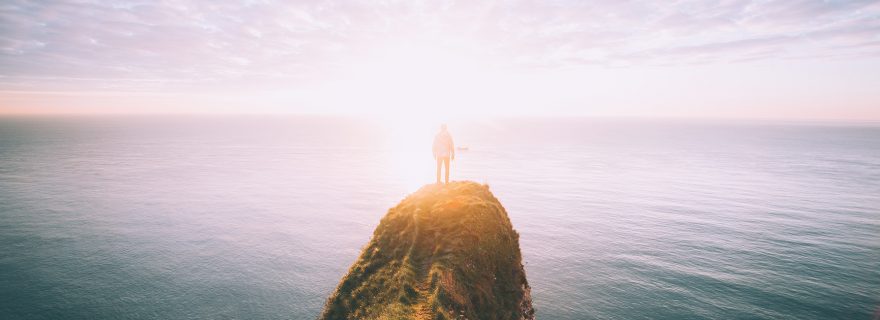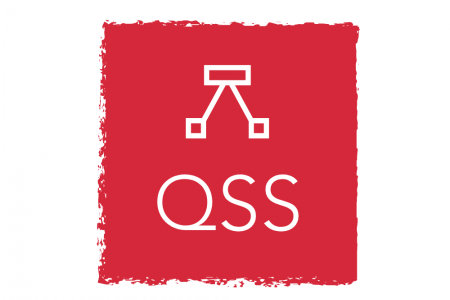Make your visibility RISE (part 1)
This spring, Michelle van den Berk, Rutger de Jong, and I were invited to present at the RISE network on how to increase the visibility of both your research and yourself. Today I wanted to share summaries of the presentations and workshop we gave.
This spring, my colleagues Michelle van den Berk and Rutger de Jong and I were invited to present at Leiden University, Faculty of Science’s RISE (Researchers in Science for Equality) network on how to increase the visibility of both your research and yourself. Under the title ‘Show Yourself, your Science, your Nature’, we presented on several topics connected to visibility: Open Access, ORCID, research visualization, and social media. Today I wanted to share summaries of the presentations and workshop we gave. If a presentation or workshop on any of these topics sounds interesting for your department or research group, please feel free to contact us to discuss organising it!
Open is visible
Michelle focused on the Visibility Check as developed by Utrecht University Library, on Open Access, and on ORCID. The Visibility Check asks six simple questions which will allow you to focus on various ways you and your research can be visible. The questions are as follows:
- Do you have an ORCID?
- Which online profiles do you have?
- Do you publish Open Access?
- Do you use various, different media to share your research?
- Is your research linked to a persistent identifier?
- Are all your online profiles interconnected?
Each question covers a different manner in which you can be visible and Michelle explained why each is important and how they are interconnected. She went into more detail on the topics of the ORCID profile (more information on which can be found on our website and Open Access. She explained the various forms of Open Access and on how publishing Open Access can be beneficial for you, the policies that are in place at different funders and the requirement of the Dutch government for publishing Open Access. You can find more information about Open Access, which deals are in place, funding requirements and policies on the University Library website.
Visualising visibility
Rutger gave a workshop on the topic of research visualisations, based on the practices described in Project AIDA. These visualisations allow you to analyse research fields and trends easily and to identify which researchers in your field or in a field which you are looking to do interdisciplinary work with might make good collaborative partners. The visualisations are created using citation data and the VOSViewer software. Using Web of Science as a data source and their own field of research, he had participants run analyses through VOSviewer and see what sort of information you can discover using these visualisations.
Telling the world
I presented on the use of social media to create more visibility for yourself and your work. My main goal was to give the people in the audience the information they’d need as a starting point to make a well-balanced choice whether the use of social media would be a good choice for them. And of course to give them some practical tips. We also discussed an opinion piece Science published earlier this year that had caused somewhat of a polemic on the topic if social media use to change the perception of science and who can be a scientist. It was an interesting discussion and the ultimate conclusion was that whether social media use makes sense for you, is a highly individual choice. You can find my prepared remarks and my slides in a separate post: Make your visibility RISE (Part 2)





